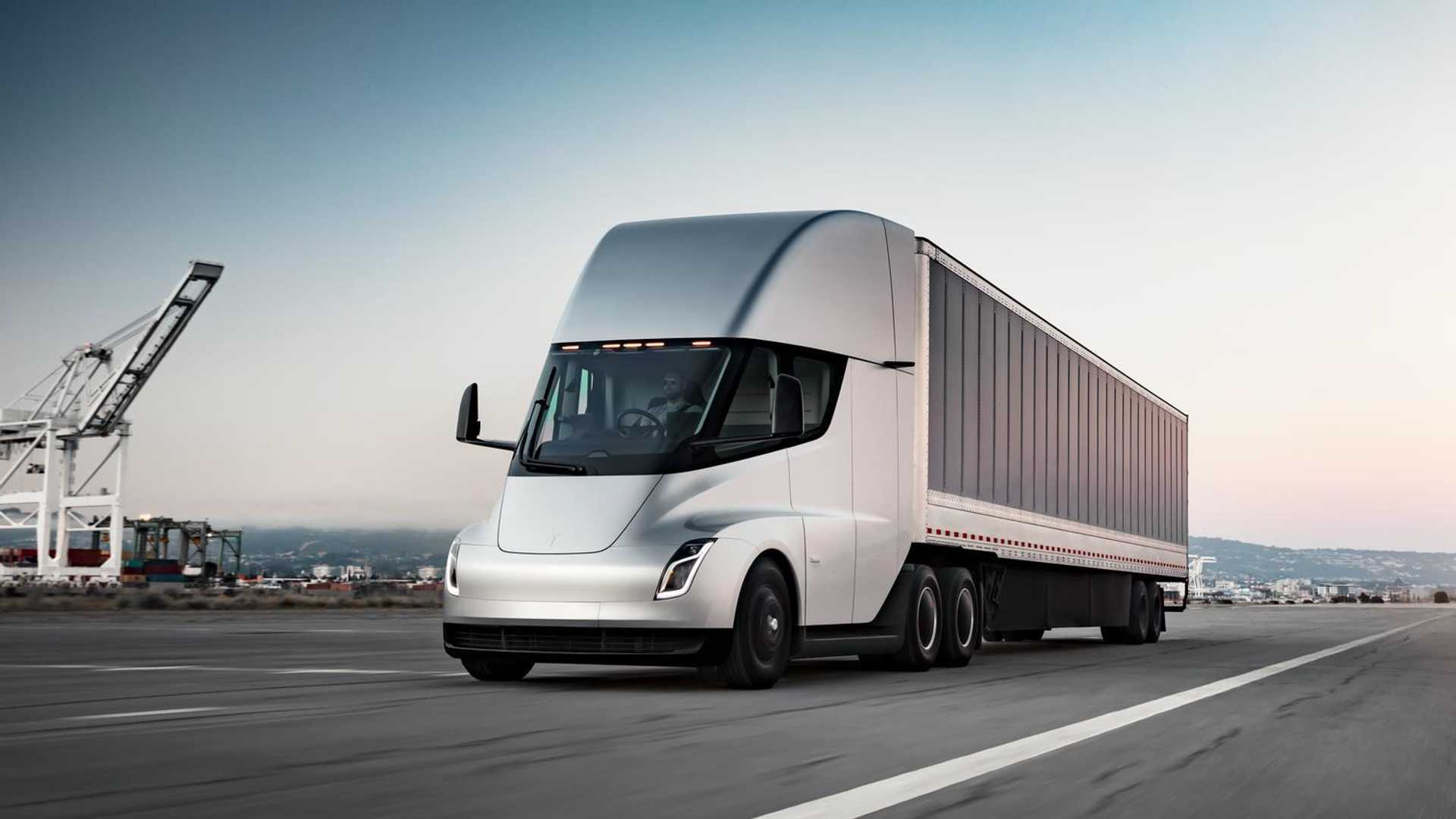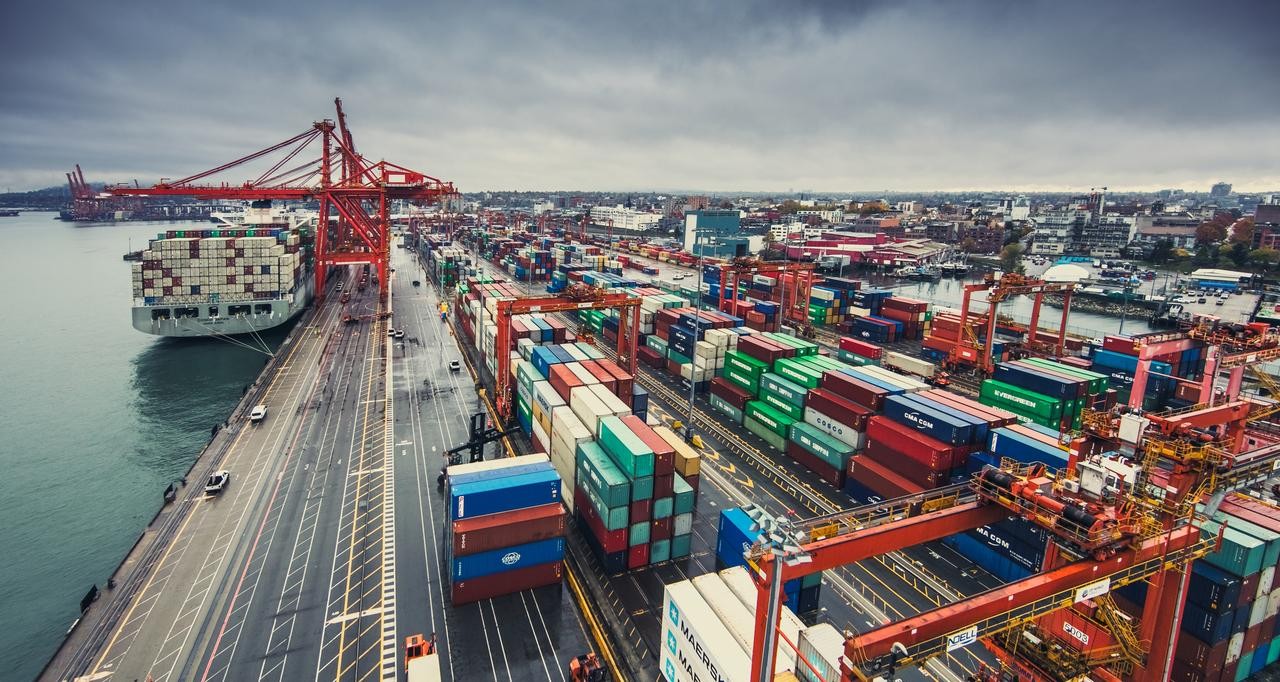by: Pash Brar
The future of trucking is going to be interesting. I am seeing large companies positioning themselves to take over many roles. I wonder what will happen to the smaller companies as giants like Loblaws, Sobey’s and Canadian Tire order thousands of trucks and have been eliminating their owner operators. Even CN Rail is getting rid of the lease operator in favor of the company driver who is earning roughly $35/hour. Often large corporations will say it’s “for safety” and “more control of logistics”, but price and control are most likely the largest factors. The onset of autonomous trucks is also looming as Tesla has tested self-driving trucks in Alaska. What does the future hold? A very different landscape for transportation is coming.

Recently a group of truckers who service the ports in Delta did a protest. They were protesting a government appointed commissioner who is auditing each small company who enters the port. Fines and temporary closures were taking place. One company had a minor $5 difference in wages for a driver, was fined $5k and closed for two weeks. In my opinion, the small firms will be eliminated in favor of large corporations. At the protest the Loblaws name and Canadian Tire name were being thrown around. The fear was that the small company would be kicked out and the giant company will take over. Only time will tell if this happens.
I was able to speak to a gentleman who was part of a team who did testing in Alaska for Tesla self-driving trucks. The reason they were told the testing was being done was so that the Port in Prince Rupert would become robotic, and the trucks would be self-autonomous. I looked at the Tianjin Port in China, which the Tesla tester advised will be the model. Tianjin can process more containers in an hour using robots than humans can process with zero injuries to anyone. There are no people on the port deck except those in a control room running all the computers. This port is more efficient, smart zero-carbon and a lot safer because no one is on ground. If future ports go state of the art like China, then many truckers will lose their jobs as well as longshoremen.

Having some contacts up north, there have been talks of speeding up the ports further by moving the locations, and to align the new ports with rail. Whittier Alaska was named as well as Churchill Manitoba. Ships will be at sea several days less as they can access these possible new port locations much quicker. Building robotic ports in these locations have the potential to knock 4-5 days off current passages to Prince Rupert, Vancouver, and Seattle. Building rails from these locations straight to Mexico will further speed up goods transfer, and there will be very little human contact involved. If everything is loaded on trains using robots, then humans will become obsolete except for the human computer operators. Trucks will become unnecessary to move goods from the ports and not needed to move goods to the south. This will seriously decrease the need for drivers. But trucks that do move goods will be autonomous in the future. As I’m writing this article the French Open is utilizing self-driving buses to transport the athletes and media courtesy of Chinese brand WeRide. This is their introduction in Europe. Could bus drivers also be eliminated in the future? China has recently granted approval to a group of 9 automakers to carry out tests on vehicles with advanced autonomous driving (AD) technologies on public roads. These smart vehicles will test categories of passenger cars, buses and trucks.

My friend in the north said that when they did the testing for Tesla, they were also testing some trailers. He said the axles of the trailers were designed to continuously charge the truck battery. So, the truck didn’t have to stop to charge because it was already being charged as it moved. This would have huge implications for the trucking industry and reduce reliance on diesel fuel.
Is the future of trucking going to be electric or hydrogen based? China has its first hydrogen refueling station for heavy-haul trains operational. Robots are fueling the future of rail in Inner Mongolia in extreme ice conditions. Hydrogen burns clean, whereas electric vehicles still do emit some gas. There are also a lot of materials that go in electric vehicles which are mined and harm the environment. No one is really recycling the electric batteries and extracting the minerals for re-use. No one talks about the weight of batteries and constant tire and brake replacement due to the weight of the vehicle. No one talks about the damage to roads because of the extra weight of heavy batteries. Whether it’s hydrogen or electric, one thing can be predicted and that is there will be self-driving trucks in the future. Will they eliminate the need for the trucker and human error? Will robots and self-automation make the roads and rails a safer place for all of us in the future? I think a few more years and we will see, but the industry is changing, and we need to change with it.


